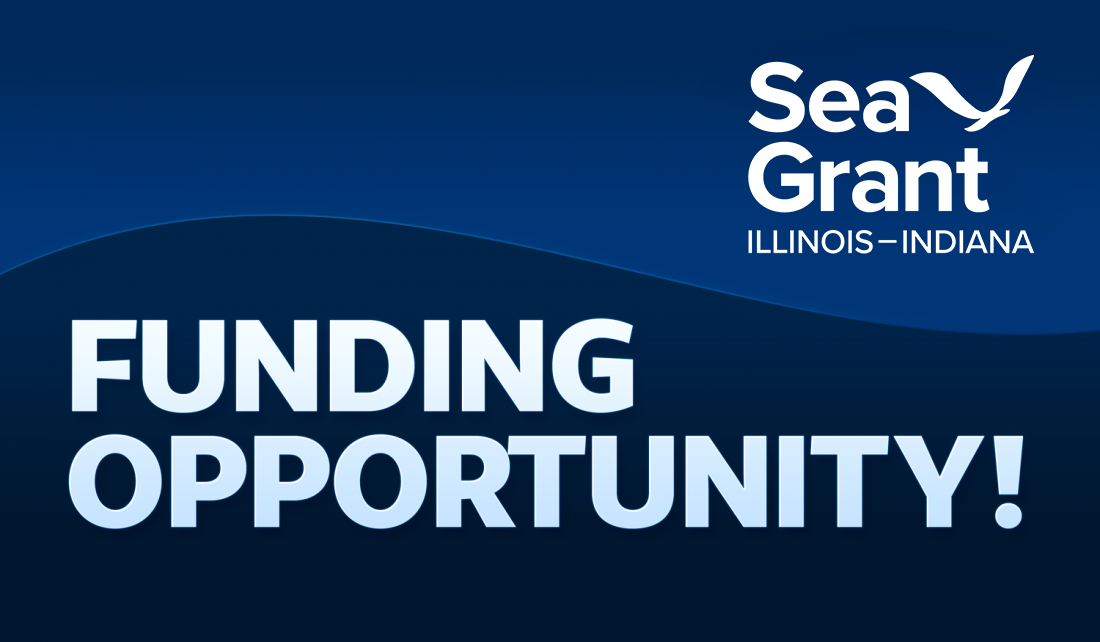
The Illinois-Indiana Sea Grant College Program (IISG) anticipates having $800,000 to invest in promising research projects relevant to southern Lake Michigan and surrounding coastal communities in northeast Illinois and northwest Indiana. Work is to be completed in the 2022-23 biennium. Work can be conducted outside of the geographic area outlined above provided applicants make a compelling case for why their work is relevant to southern Lake Michigan and surrounding coastal communities.
For the 2022-23 cycle, IISG will prioritize the funding of projects whose outcomes demonstrate potential to benefit underserved communities in the southern Lake Michigan region.
IISG encourages submissions by early career scientists and/or persons who have partnered with, or plan to mentor, early career scientists. IISG also encourages all applicants to make research plans such that their work will effectively center on underrepresented racial and ethnic groups, people with disabilities, and/or people from economically or educationally disadvantaged backgrounds that have limited their ability to pursue a career in STEM.
Eligibility
Investigators from educational or research institutions including universities, museums, and other NGOs, are eligible to serve as PI for these funds. Priority will be given to Illinois- and Indiana-based researchers. Researchers from other states are welcome to apply but proposed work must demonstrate how it will benefit the mission of IISG.
Research Topics
Projects should propose to answer a clear research question or set of related questions, and should demonstrate fit with the IISG strategic plan. Four areas are of special interest for the 2022-23 funding cycle:
- Production, marketing, and/or distribution of local foods with a focus on fisheries and aquaculture
- Adapting to changing lake levels in the southern Lake Michigan region
- Water safety, with a goal of reducing the number of drownings in Lake Michigan
- Improving Great Lakes education initiatives, including how to best raise awareness of how to safely recreate near or in Lake Michigan
Additional topic areas of interest include broader aquaculture research, aquatic invasive species, community climate readiness, fisheries, healthy waters and pollution prevention, recreation and tourism, stormwater and green infrastructure, sustainable community planning, and water supply.
Preproposal Submission
Prospective PIs must submit a preproposal to be considered for funding. Preproposals should be submitted by 5 p.m. CST (6 p.m. EST) February 1, 2021 to iisgres@purdue.edu. Please indicate “2022 Biennial Grant Preproposal” in the subject line.
The full RFP can be found at https://iiseagrant.org/wp-content/uploads/2020/12/IISG-RFP-2020.pdf. Questions regarding eligibility or submission requirements may be directed to Carolyn Foley at cfoley@purdue.edu or by phone at 765-494-3601.
Illinois-Indiana Sea Grant is a part of University of Illinois Extension and Purdue Extension.

